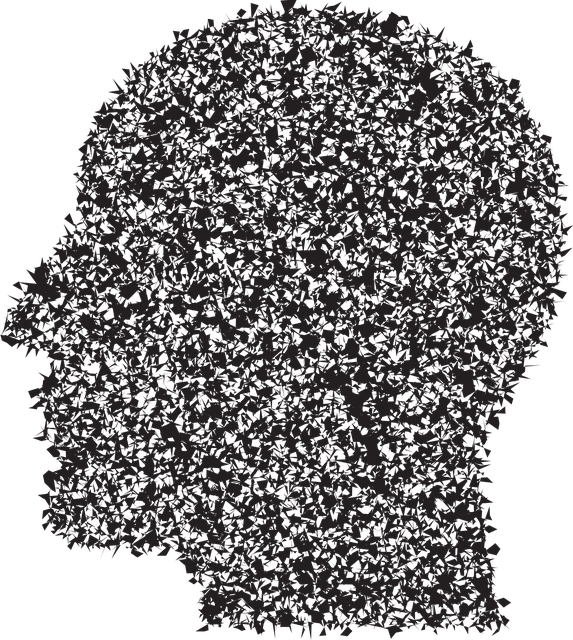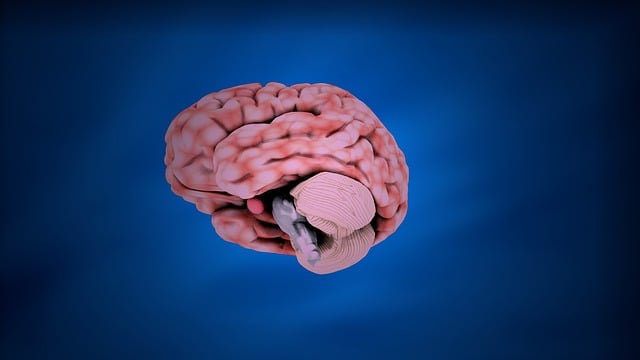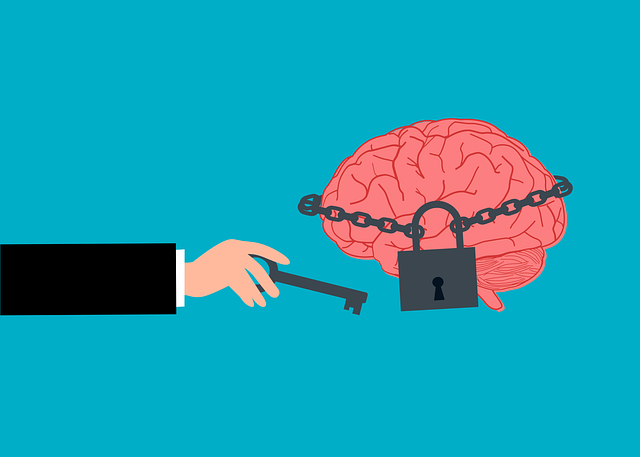Cultural competency in healthcare, especially for children's mental health services, is crucial for addressing unique emotional healing processes across diverse cultures, including those with gambling-related issues. By overcoming biases and stereotypes, mental health professionals can provide more inclusive care, improve therapy outcomes, and support the holistic well-being of young individuals struggling with gambling addiction while also attending to co-occurring mental health concerns. Effective training should employ interactive methods, real-life examples, regular updates, peer learning, and public awareness campaigns. Measuring success involves evaluating changes in provider attitudes, improved patient outcomes, and enhanced satisfaction levels.
Cultural competency training is an essential tool in healthcare, especially for improving mental health services for children. This article explores the significance of cultural understanding in treating young individuals with gambling-related issues, focusing on bias and stereotype impacts on therapy outcomes. We delve into effective training program design, offering insights on tools and techniques to enhance cultural sensitivity. Additionally, we discuss evaluation methods to measure the success of these programs, ensuring positive changes in healthcare settings for diverse patient populations, particularly those facing mental health challenges like gambling.
- Understanding Cultural Competency in Healthcare: Why It Matters for Children's Mental Health
- The Impact of Bias and Stereotypes on Therapy Outcomes for Young Gamblers
- Designing Effective Training Programs: Tools and Techniques to Enhance Cultural Sensitivity
- Measuring Success: Evaluating the Effectiveness of Cultural Competency Training in Healthcare Settings
Understanding Cultural Competency in Healthcare: Why It Matters for Children's Mental Health

Cultural competency is an essential aspect of healthcare that involves understanding and respecting diverse cultural beliefs, values, and practices within various communities. In the context of children’s mental health, this concept is particularly vital as it ensures young patients receive therapeutic support tailored to their unique cultural backgrounds. Many families from diverse ethnic and cultural groups seek therapy for children gambling, among other behavioral issues, recognizing the importance of addressing these challenges in a culturally sensitive manner.
Mental health awareness has been on the rise, encouraging the development of specialized mental wellness coaching programs that consider the emotional healing processes unique to different cultures. These programs aim to bridge the gap between healthcare providers and diverse patient populations, fostering effective communication and care. By embracing cultural competency training, mental health professionals can create inclusive environments, improve patient outcomes, and better support the holistic well-being of children from all backgrounds, including those facing gambling-related issues.
The Impact of Bias and Stereotypes on Therapy Outcomes for Young Gamblers

For young individuals struggling with gambling addiction, the presence of bias and stereotypes within healthcare settings can significantly impact their therapy outcomes. These biases, often unconscious, can lead to misperceptions about a child’s character or the nature of their addiction, hindering effective treatment. For instance, stereotyping a young gambler as rebellious or lacking self-control may divert attention from underlying mental health issues that contribute to their behavior. Healthcare providers must be culturally competent, recognizing and setting aside such biases to foster an environment conducive to emotional healing processes.
Addressing these biases is crucial in promoting positive thinking and Mental Health Awareness among young gamblers. By acknowledging and challenging stereotypes, therapists can tailor their approaches, ensuring interventions are relevant and effective for each individual’s unique experiences. This personalized therapy has the potential to revolutionize support for children struggling with gambling, helping them overcome addiction while addressing any co-occurring mental health concerns.
Designing Effective Training Programs: Tools and Techniques to Enhance Cultural Sensitivity

Effective cultural competency training for healthcare providers requires a structured and engaging approach to foster genuine understanding and empathy. Training programs should incorporate diverse learning methods such as interactive workshops, case studies, and role-playing scenarios to cater to different learning styles. Including real-life examples relevant to various communities can help break down barriers and promote cultural sensitivity. For instance, incorporating therapy techniques for children from gambling families or those experiencing mental health challenges can offer valuable insights into unique cultural dynamics and needs.
To enhance the impact of training, programs should be regularly updated with the latest research and community feedback. Encouraging open dialogue through group discussions and peer learning allows participants to share their experiences and perspectives. Additionally, integrating public awareness campaigns around mental wellness and self-care routine development can empower healthcare providers to address cultural sensitivities more effectively. Mental wellness coaching programs can further equip professionals with tools to support patients from diverse backgrounds in navigating complex healthcare systems.
Measuring Success: Evaluating the Effectiveness of Cultural Competency Training in Healthcare Settings

Measuring success is a vital component of evaluating the effectiveness of cultural competency training within healthcare settings. It’s not enough to simply conduct training sessions; understanding the impact and long-term benefits is crucial for fostering inclusive care environments. This evaluation process involves assessing various factors, including changes in provider attitudes and behaviors, improved patient outcomes, and enhanced satisfaction levels among diverse patient populations.
One way to gauge success is by tracking improvements in communication strategies following training. Effective cultural competency programs should lead to better interactions between healthcare providers and patients from different cultural backgrounds. For instance, therapists providing therapy for children with gambling issues need to be culturally sensitive to ensure trust and openness. Similarly, self-care practices and trauma support services offered by trained professionals can significantly contribute to a patient’s overall well-being, regardless of their cultural background or history.
Cultural competency training is a powerful tool to enhance healthcare delivery, especially in areas like children’s mental health and therapy for young gamblers. By addressing biases and stereotypes, these programs ensure that every patient receives culturally sensitive care. Effective training, as outlined in this article, involves interactive workshops, diverse role-playing scenarios, and regular evaluations to measure progress. Implementing such initiatives not only improves therapy outcomes but also fosters a more inclusive healthcare environment, benefiting both providers and patients, particularly those from diverse backgrounds facing unique challenges like gambling among children.









